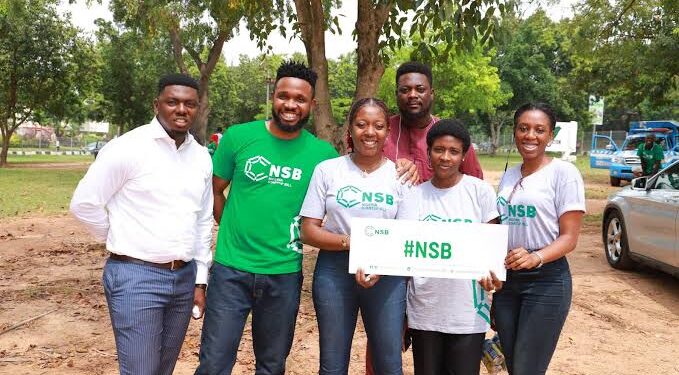The news: The Nigeria Startup Bill (NSB) passed the third reading at the Nigerian Senate floor. The Bill was approved by the Federal Executive Council (FEC) in December 2021.
The Bill will now be sent to the House of Representatives for three readings before the President’s assent.
Why it matters: 2020 saw Nigeria take the lead as the startup giant of Africa; with about 3,300 startups. In the same year, Lagos alone housed over 500 startups, placing the Nigerian city on the 81st rank globally for startup development. But this development had taken place without adequate support from the government and little to no recognition or standing in the Nigerian laws.
The NSB which was launched in May 2021 as a collective effort by the Presidency, in collaboration with the Federal Ministry of Digital Economy, executives of the National Information Technology Development Agency (NITDA), and 30 leaders in the startup industry, had proposed a legal and institutional framework that would:
- provide an enabling environment for the establishment, development and operation of startups in Nigeria;
- provide for the development and growth of technology-related talent; and
- position Nigeria’s startup ecosystem, as the leading digital technology center inAfrica.
What the Bill entails:
To meet the above mentioned objectives, the NBS describes some key approaches and functions it shall utilize and they include:
- The establishment of a National Council for digital innovation and entrepreneurship which shall—among other functions,—see to the facilitation and evaluation of the regulatory framework to encourage the development of startups in Nigeria.
- The Startup labeling process: this part describes the eligibility requirements for the labeling of a startup, the procedure for labeling, issuance of labeling certificate to startups, obligations of these labeled startups and the reasons/conditions for the withdrawal or reissuance of the label
- Establishment of Startup investment seed fund: this is an annual fund which shall be managed by the Nigeria Sovereign Investment Authority, under the supervision of the National Council for digital innovation and entrepreneurship. This fund shall provide labeled startups with finance and relief to technology laboratories, accelerators, incubators and hubs.
- Provision of tax and fiscal incentives: whereby labeled startups can enjoy tax reliefs, access to export facilities, government grants, loans, credit guarantee schemes among others benefits.
What these provisions mean for startups and the Nigerian economy
“Our young people are our most valuable natural resource, at home and abroad,” said the President, Federal Republic of Nigeria, Muhammadu Buhari. “Their ingenuity, creativity, innovation and entrepreneurial spirit is evident to all. We will partner with the legislature to develop an enabling environment to turn their passions into ideas that can be supported, groomed and scaled.”
Although the bill has received mixed reactions of support and contempt from Nigerians in previous months, a few analysts are optimistic about the effect it will have on entrepreneurs and the Nigerian economy once it is fully in effect.
In a chat with Benjamindada.com, CEO, Big Cabal Media, Tomiwa Aladekomo, had suggested that, “by creating transparency in rulemaking, taxes, and fees and by encouraging the development of essential infrastructure, the bill will attempt to make Nigeria an easier place to start and grow a business.”
Meanwhile, Kaduna and Lagos state governments are the first two state governments out of the country’s 36 states to have indicated their interest in domesticating the bill, even before it was passed. This goes to show the degree of faith both governments have in the prospects of this law.
“The sub-national bill will create an enabling regulatory environment for startups, promote the development and expansion of Businesses, support Innovation, accelerate technology and allow a private-sector driven, vibrant entrepreneurial and digital ecosystem to thrive.” the Kaduna Investment Promotion Agency had said in a tweet.

































